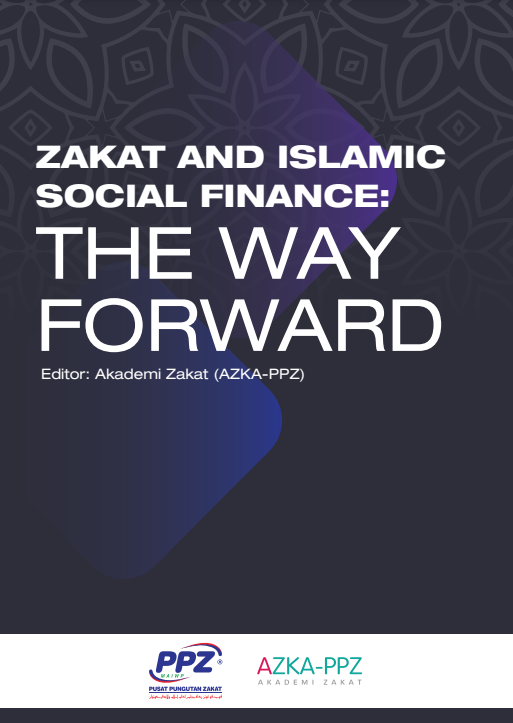CHAPTER 7
The Role Of Waqf In Socioeconomic Development In Ottoman Empire: Lessons For Nigeria
Abstract
Islam has attached many values to human life and put in place different measures to help in achieving the two lives. The religion out of its utmost keenness to create an avenue for Islamic welfare state and financial inclusion, institutions have been established to cater for the welfare of humanity. Waqf is one of the institutions that have been created for the protection of the needy, the poor, the family and the society at large. Its legitimacy is sourced from primary and secondary sources of Shari`ah. Personal assets can be endowed for educational, health, public uses or any other benevolent purpose under specific terms and conditions. In line with this, Waqf has vigorously played a vital role in socioeconomic development right from the infancy stage of the divine message. It`s historical event of establishment started right in the time of Prophet Muhammad SAW when the very first mosque (as multipurpose Islamic centre) was built by the prophet in Madinah on a parcel of land endowed by two orphans. The evolutionary trend has continued to make headway through multifarious Islamic eras to meet the basic societal needs. This paper seeks to review literatures on the track record of Waqf with regards to socioeconomic development. In order to achieve this objective, content analysis and historical method were adopted to review the related literatures from secondary data such as articles from journals, books and manuscripts. It is recommended that there should be a national Awqaf board to enhance the socioeconomic development status in Nigeria.
Keyword:
Waqf, Socioeconomic, Development, Ottoman Empire.
Share:
Writer

Umar Muhammad Aljazira
Federal University Dutsin-Ma, Nigeria.
Ahmad Muhammad Gusau
Federal University Dutsin-Ma, Nigeria.
Jabir Musa Sulaiman
Federal University Dutsin-Ma, Nigeria.

